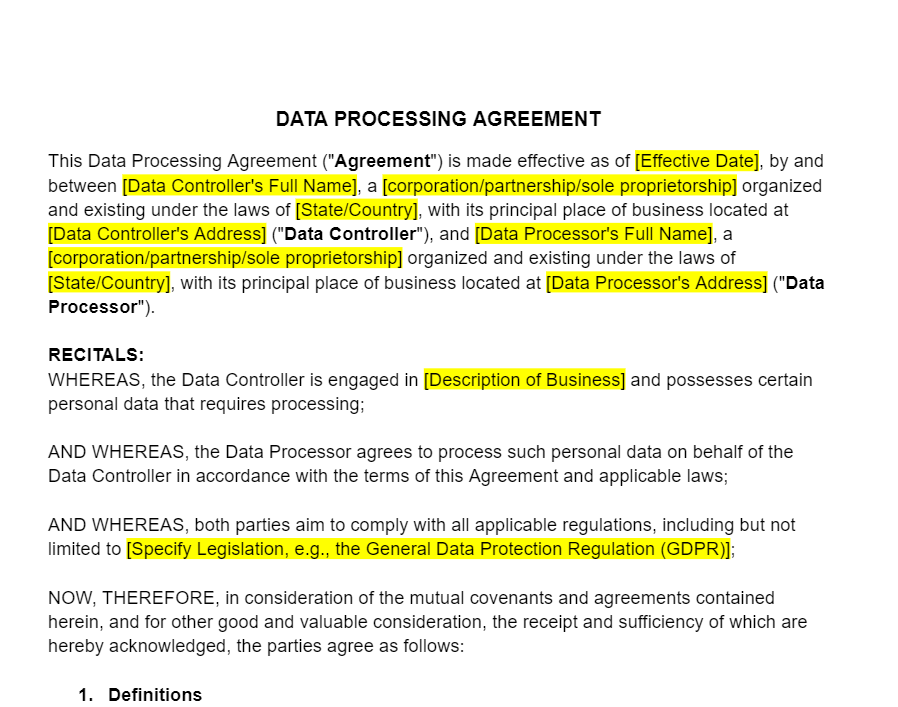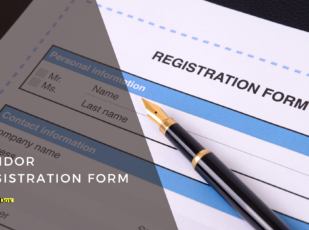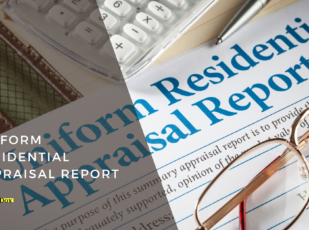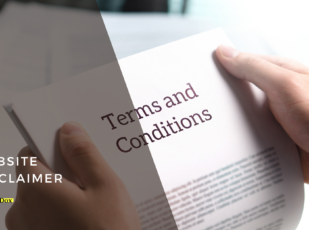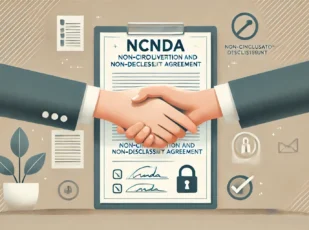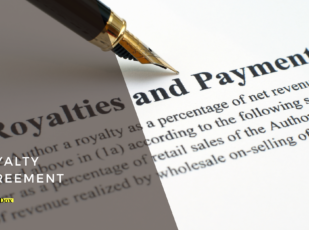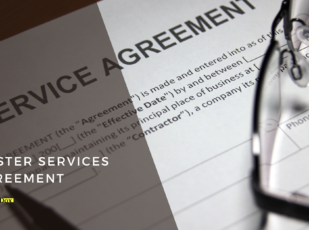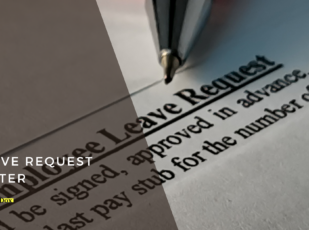
Data Processing Agreement Template
12 Downloads
IT and Media
February 17, 2025
Sayantani Dutta
A Data Processing Agreement or a DPA is a legal document that establishes clear terms and conditions under which one entity processes personal data on behalf of another. Let’s say an ecommerce store is gathering data on thousands of customers, including sensitive information such as addresses and credit card information, it can create severe risks in case of a breach. In many cases, the business (data controller) might not want to take up this headache. This is when they hire outside help—a data processor.
The data controller’s platforms collect the data for their own reasons and under their own policies. But this data is processed, under the guidelines of the data controller, by the data processor. The data processor’s key objective is to ensure that data is being processed ethically and lawfully, adhering to all regulations such as the GDPR and other local data protection laws.
It is one of those organizational measures that allow a business to offload legal considerations to a professional service provider specializing in doing that exact task (data processing activities in this case).
The business landscape today is largely driven by data. Companies and business websites frequently need to share personal and sensitive information with service providers and other partners as well. In this legal document, these companies outline the responsibilities of the data processor and the data controller. More specifically, they specify data protection expectations, rights, and obligations to make sure there is compliance with privacy laws such as the GDPR in Europe or the CCPA in California.
Today, we are going to take a closer look at the relationship between the processor and the controller. We will talk about the importance of a solid Data Processing Agreement, the risks of going ahead without an adequate contract, and the key components of a comprehensive, legally sound DPA. In the end, we will also introduce you to FreshDox.com’s very own Data Processing Agreement Template that can fit your needs regardless of the nature of the processing you require, to keep your data collection and usage completely legal and ethical.
The Importance of a Data Processing Agreement
There are stringent data protection standards and legal requirements that need to be followed when collecting and managing private or sensitive data about data subjects, such as your customers. A personal data breach can be a catastrophic event, for example, and a lot of these regulations offer guidelines on data security standards. Also, ensuring data subject rights such as the right to request deletion of one’s data from a website’s databases is also critical.
For all this, a Data Processing Agreement has the right conditions and clauses. These clauses ultimately help you uphold data subject rights such as deletion, implement the right security measures, and protect data privacy under the governing law. The Standard Contractual Clauses (SCCs) for companies in the European Economic Area (EEA), for example, include many protections depending on the nature of the processing of personal data. Similarly, other general data protection regulations can have their own safeguards.
How do you ensure all this is ensured?
The DPA defines the scope, nature, and purpose of data processing. It offers a clear framework that helps prevent data misuse and unauthorized access. For data controllers, the agreement offers a mechanism to enforce compliance with data protection laws across their operations, particularly when outsourcing to third parties or sub-processors. For processors, the DPA clarifies the duties and standards they must meet to protect them from legal repercussions and help maintain trust with business partners, stakeholders, and consumers.
Depending on the categories of data subjects you are gathering data on, and how you are processing/subprocessing it, you will be accountable to a supervisory authority. You need to upload certain safeguards, access controls, audit rights, and other types of regulations concerning how you process personal data.
The DPA ensures all that—with applicable data protection laws honored and any data protection act respected. Especially if you are conducting business in the European Union, where data protection obligations tend to be much stricter, getting certain basic certifications is not enough. For information security purposes, any European Commission member state is allowed to file a lawsuit if you are not following all the guidelines of a leading data protection authority.
Operating Without a Comprehensive DPA
If you are operating without a comprehensive Data Processing Agreement, your organization is likely to be exposed to significant risks. A formal DPA is critical here because without it, there may be uncertainties about the responsibilities and legal obligations of each party. This, of course, increases the likelihood of data breaches and non-compliance with various data protection laws.
Companies that find themselves in this situation are often looking at heavy fines, legal disputes, and, of course, the damage to their organizational reputation. And when responsibilities are not clear, you can also expect undue delays in recovering data after a breach. Essentially, the whole process of the storage and transfer of personal data becomes inefficient and rigid. This is not ideal in a time and age where data is one of the most valuable currencies in the world!
So, regardless of which categories of personal data you are collecting, it is important to take reasonable steps to secure the free movement of such data. All personal data you process should comply with data protection and privacy laws. Ensuring this also gives you a clear roadmap for data protection impact assessment and various other capabilities on behalf of the controller.
All such information is protected by the DPA—the lack of which can easily deter potential business partners who seek assurance that data processing is handled securely and in compliance with applicable laws.
What Makes a Good Data Processing Agreement?
The exact language and clauses in your DPA will depend on the nature of your business and the types of data you collect. The contents also depend on which countries you are dealing with. But, generally speaking, there are several essential elements that can ensure comprehensive protection and clarity for all parties involved. Let’s go over these components one by one.
- Parties Involved: First of all, the DPA will include the proper identification of the data controller and the data processor, including their contact information.
- Data Processing Details: Next, the agreement will offer specific descriptions of the data to be processed, the nature of processing, the purpose of processing, and the duration of processing. All these terms need to be drafted carefully to cover the entire extent of your data processing activities.
- Data Protection Measures: This section will provide detailed requirements for protecting data. Data protection measures include all the technical and organizational measures that the processor must implement in handling and processing the data.
- Rights of Data Subjects: The Data Processing Agreement also includes a section on the rights of the data subjects or users. These are essentially provisions that ensure the protection of rights—procedures for responding to requests for data access, correction, and deletion, for example.
- Subprocessing: This services agreement will also include a section with conditions under which the processor may engage subprocessors, and the obligations that those subprocessors must fulfill.
- Data Transfer: Next, cover the restrictions and safeguards on the transfer of personal data to third countries or international organizations, if applicable in your case. The DPA needs to establish clear guidelines on how such transfers will happen and what cannot be transferred.
- Audit and Compliance: In the audit and compliance section, mention the rights of the controller to conduct audits and inspections, and the obligation of the processor to provide necessary information to demonstrate sufficient compliance.
- Liability and Indemnity: Lastly, include a section with clauses detailing the liability of each party and indemnity provisions in case of data protection violations. These clauses will form the basis of any legal action you wish to take following an event such as a data breach or non-compliance.
As this is a legal agreement, you will also need to add sections for termination (conditions under which the agreement can be terminated and the procedures for returning or destroying the processed data upon termination), the governing law (legal jurisdiction that governs the agreement and resolution of disputes), and signatures from the authorized representatives from both parties.
Process Data Safely with FreshDox.com
If you are looking to draft a comprehensive, legally sound Data Processing Agreement, you have come to the right place! We have just the thing for you—a starting point that is highly customizable to fit your unique needs while still covering all legal bases to offer proper enforceability. Any organization that handles personal data needs to implement a strong Data Processing Agreement—particularly when outsourcing to third-party service providers. Our DPA Template helps safeguard your data handling processes, comply with legal obligations, and maintain the trust of your clients and partners all in one go!
A FreshDox.com account gives you access to our professionally drafted Data Processing Agreement Template alongside scores of other business-related and legal document templates that you can customize to fit your needs. We have two membership plans—Basic and Premium. Basic Members can download up to three document templates a month whereas Premium Members enjoy unlimited downloads.
But the best part? We offer a 14-day trial period to explore the benefits of our service, customize various templates, and test run the membership plans! Using this, you can easily see if FreshDox.com’s Data Processing Agreement Template is the right fit for your needs or not.
With our templates, you not only save time and money but also achieve peace of mind with legally sound documents tailored to your requirements, priorities, business needs, and preferences. So, what are you waiting for?! Sign up for a FreshDox.com account today and download our expertly crafted Data Processing Agreement Template to ensure your data processing activities are secure, compliant, and trustworthy.
Popular searches:
Related Templates
Discover more templates that align with your needs and preferences.

Ready to Sign Up?
Sign up for FreshDox.com’s 7-day trial and discover why so many individuals and businesses trust us for their legal document template needs.
- Cancel any time
- 7-day free trial
- From 300+ Customer Reviews

